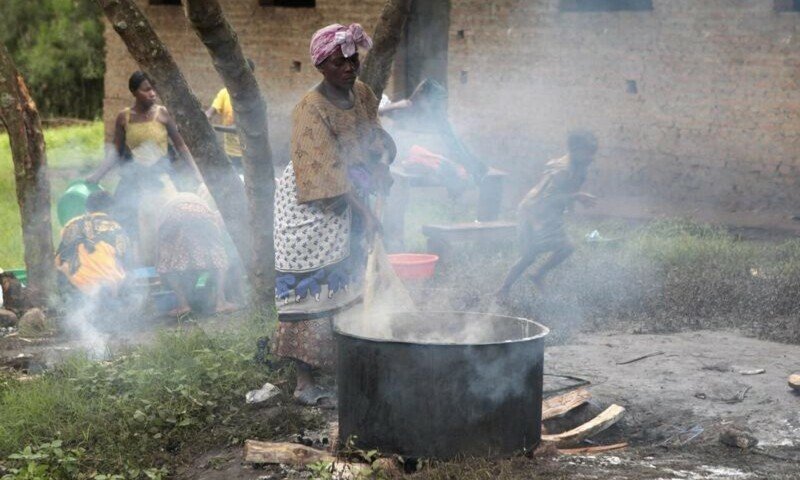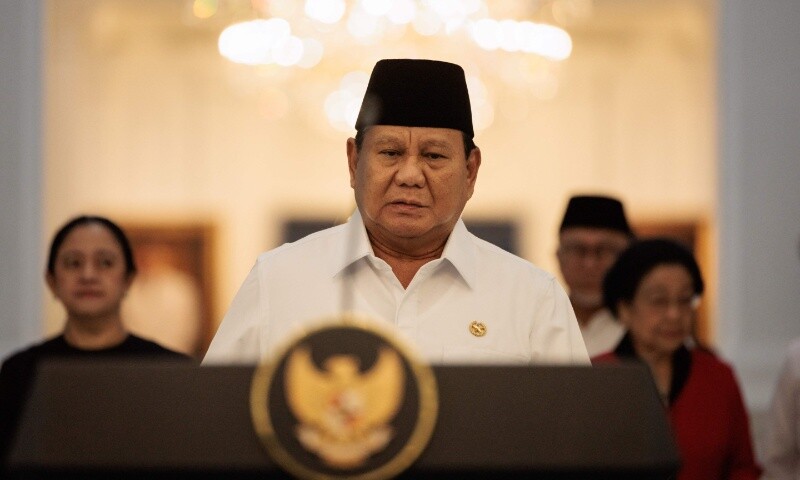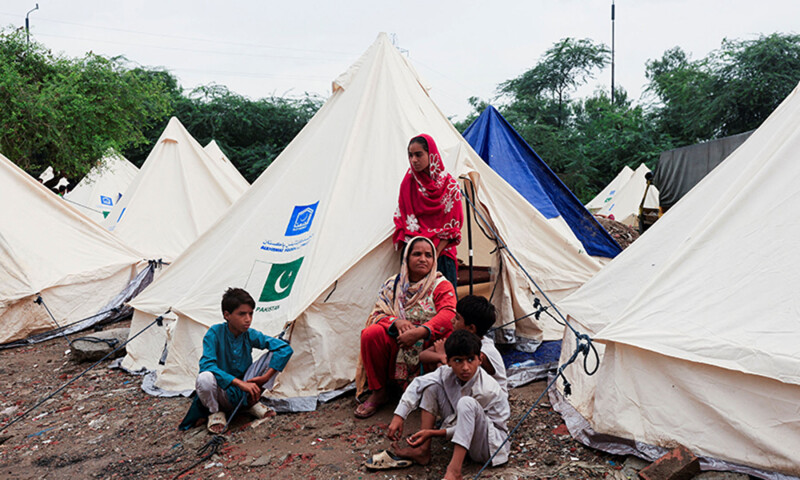One billion Africans have to cook with open fires or with fuel that is dangerous for their health and the environment, the International Energy Agency said Friday.
The problem, which according to its report can be easily solved, causes as many greenhouse gas emissions every year as the aviation industry.
Two billion people worldwide still cook with open fires or rudimentary stoves fed by wood, coal, agricultural waste or manure, according to the AIE report.
“It is one of the greatest injustices of our time, especially in Africa,” said the head of the IEA Fatih Birol AFPwhere four out of five households depend on open fires and wooden wood.
These fuels pollute the air inside and outdoors with fine particles that penetrate the lungs and cause multiple respiratory and cardiovascular problems, according to the report.
It also adds to the destruction of forests, natural sinks that catch carbon and help fight global warming.
The IEA estimates that 815,000 premature deaths occur every year only in Africa due to poor interior air quality, as a result of a large extent of lack of access to clean cooking methods.
Women and children suffer more, spending hours every day looking for fuel and keeping the fire running.
This takes time for employment or remunerated education, according to the report.
‘You can easily solve’
A historical Summit of the IEA on the subject, held in Paris in May last year, raised $ 2.2 billion in commitments of the public and private sector, as well as political promises of 12 African governments.
Since then, $ 470 million have been distributed, with the specific results already seen, Birol insisted, citing a stoves in Malawi construction and an affordable stove program developed in Uganda and Ivory Coast.
The IEA report evaluates the progress made a year after the summit and establishes a road map so that African countries can use low -cost clean cooking methods before 2040.
Since 2010, almost 1.5 billion people in Asia and Latin America, particularly in Brazil, India and Indonesia, have obtained access to modern kitchen stoves and fuels.
But the challenge remains immense in sub -Saharan Africa, where the number of people without access to clean cooking methods continues to grow.
“For once and forever, this problem can be solved with an annual investment of $ 2 billion per year,” Birol said.
He stressed that the figure “is around 0.1 percent of global energy investment, which is nothing.”
Alternative solutions are well known: Electricity of solar panels, renewable gas and especially liquefied oil gas (LPG), a fossil fuel that, although it is not ideal, is preferable that the loss of carbon sinks due to the logging of trees, Birol said.
The IEA said that this would avoid 4.7 million premature deaths in sub -Saharan Africa by 2040 and reduce the greenhouse gas emissions of the continent in 540 million tons per year, as well as the equivalent of annual emissions of the global aviation sector.









